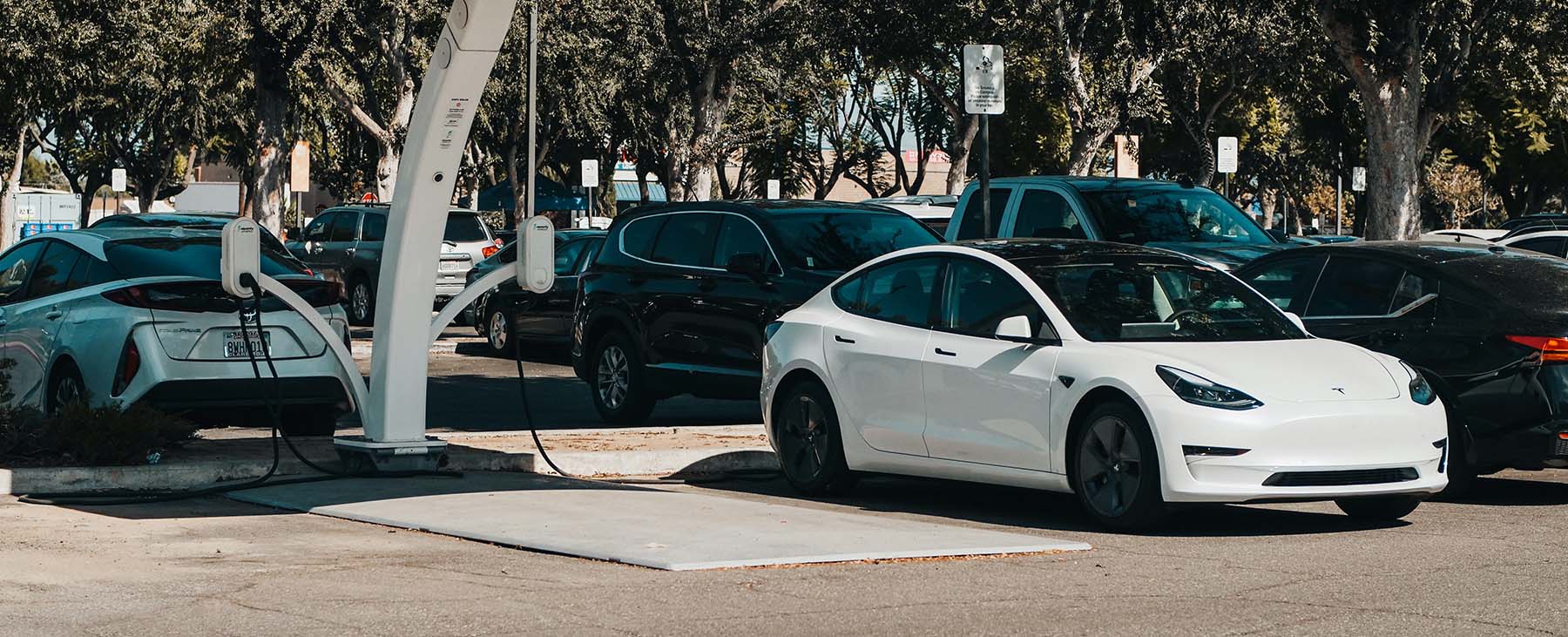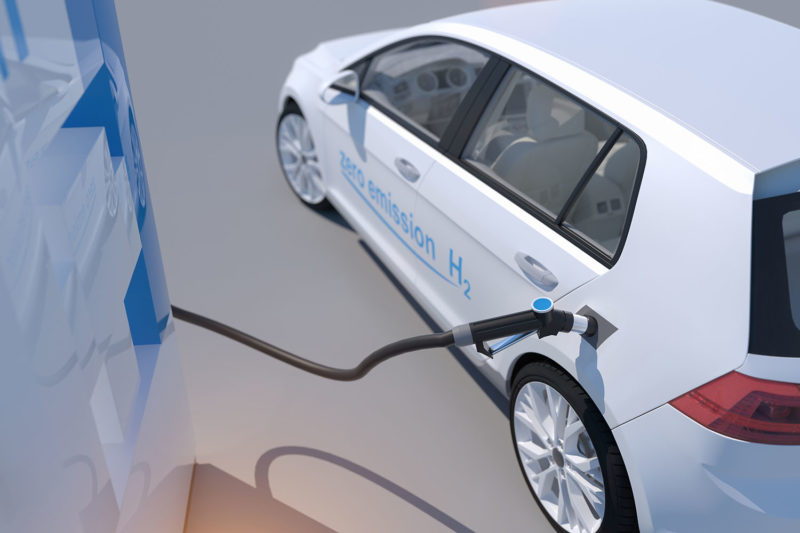

EU: combustion engine ban at a standstill
The European Union’s plan to ban the sale of new petrol and diesel cars by 2035 is facing resistance on several fronts. Member states, car manufacturers, consumers and industry experts question the feasibility and impact of such a move.
The European Union was scheduled to formally approve the landmark agreement on Tuesday, 7 March. After ratification of the legislation by the European Parliament, it was pending approval by all EU member states, but contrary to forecasts, the initial unanimity is now far from assured. For new legislation to become effective, at least 15 of the 27 countries – representing at least 65% of the EU’s population – have to vote in favour of the legislation.
Germany is the latest country to show its opposition to measures to ban the sale of fossil fuel cars from 1 January 2035. Berlin is calling for technology neutrality so that industry can find zero-emission solutions that are not limited to electrification, for example, insisting that Brussels ensure that synthetic fuels can continue to be used after 2035.
The Teutonic country’s vote is key, but Bulgaria, Slovakia, Hungary, Italy, Poland, Portugal and Romania had also called for a renegotiation of the agreement. Italy disagreed and proposed reducing CO₂ emissions by 90% in 2035, instead of 100%, to give manufacturers more time to adapt to the electric transition. It was also critical of phasing out combustion engines altogether, as it would jeopardise the viability of iconic brands such as Ferrari and Lamborghini.
The Italian parliamentary group in the European Parliament managed to agree on a derogation until the end of 2035 for manufacturers with small annual production volumes – up to 10,000 cars or 22,000 vans – and a total derogation for those with less than 1,000 vehicles registered per year. Even so, these figures would not be sufficient to meet the sales volumes of the brands mentioned above and others, such as Porsche, where their combustion engine is an intrinsic part of the DNA that makes them desirable to consumers.
Electrification cannot and need not be the only solution
Germany’s finance minister, Christian Lindner, was blunt in stating that a total phase-out of the combustion engine in Europe was “a mistake and that the German government would not agree to a ban”, adding that “there will continue to be niches for combustion engines”. Perhaps here, in diversity, lies the key to the solution.
While electrification is a laudable goal, given the massive increase in electric car sales and the expected production volumes, other factors have to be considered and remain unresolved. According to a study by Volvo, the production of an electric car generates 70% more emissions than its internal combustion engine equivalent. Taking into account the sources of current global energy production, an electric car would need to travel more than 100,000 kilometres to achieve parity with a petrol-powered car.
From the manufacture of batteries to their recycling, from the techniques used to extract the rare metals that are used – highly harmful to the environment – to the infrastructure of recharging points, which is insufficient and impractical for the majority of the population who do not live in a house with a garage. If you want clean energy, you have to ask yourself how this energy is produced and whether it is affordable for the consumer.
In addition, the high prices of electric vehicles are compounded by taxation, which in some countries has already put the price of charging an electric vehicle on a par with the price of filling up with petrol or diesel, thus hindering the long-term amortisation of the high purchase price of electric vehicles compared to internal combustion vehicles. A set of challenges to which solutions can be found, provided that we do not assume that electrification is the only option, to the detriment of innovation in other sectors that can ensure that the energy transition, undoubtedly necessary, is inclusive and accessible rather than exclusive and unaffordable.
11Onze is the community fintech of Catalonia. Open an account by downloading the super app El Canut for Android or iOS and join the revolution!
Leave a Reply
You must be logged in to post a comment.





👍
👌
Gràcies!
🙏
Penso que l’oposició d’alguns països a la data del 2035 és una manera intel·ligent de salvar les vendes d’autos de combustió avui, res més. L’estudi que presenteu està calculat amb bateries d’ió-liti. Està previst que enguany ja es comercialitzi el primer auto amb bateria d’ió-sodi. Això pot ser transformador a nivell de costos. Si aquesta tecnologia es confirma, el cotxe de combustió no podrà competir en preus, tampoc en impacte medi-ambiental. Un altre tema és si cal que tothom tingui un cotxe en propietat a casa seva i que passa la major part del temps aturat. Segurament hi haurà alternatives molt més econòmiques.
Moltes gràcies per la teva reflexió, Josep! La compartició de coneixement a La Plaça ens enriqueix a tots i totes.
Que bonic era l’electrificació total dels vehícles
Sí, Jordi. Quan veus que la fabricació d’un cotxe elèctric genera un 70% més d’emissions que el seu equivalent amb motor de combustió, t’adones que tenim encara molt de camí per recórrer en aquesta transició.